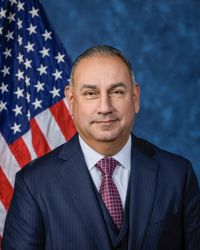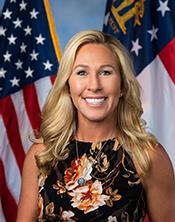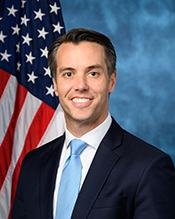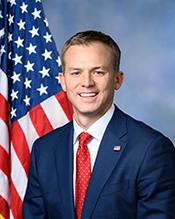H.R. 3300: Forest Protection and Wildland Firefighter Safety Act of 2025
This bill, known as the Forest Protection and Wildland Firefighter Safety Act of 2025, aims to amend the Federal Water Pollution Control Act. The primary focus is to clarify the permitting process related to the aerial application of certain products used in fire control and suppression.
Key Provisions
- Removal of Permit Requirements: The bill specifies that the aerial application of fire control products listed on the Forest Service's Qualified Products List does not require a permit under the National Pollutant Discharge Elimination System (NPDES). This change is intended to streamline the process for applying these products during fire emergencies.
- Clarification of Provisions: The language in the existing law is updated to make it clear that discharges resulting from the aerial application of fire suppression products are exempt from certain regulations that typically require permits.
- Applicability Changes: Updates are made to existing provisions regarding the applicability of the law to ensure clarity regarding which sections apply to the new amendments concerning aerial applications.
Objective
The motivation behind this bill is to enhance the efficiency of firefighting efforts by making it easier for firefighters and agencies to deploy fire suppression products quickly, particularly in critical situations such as wildfires. By not requiring permits, the bill aims to reduce bureaucratic delays that might hinder rapid response to such incidents.
Impact on Firefighting Practices
This legislation seeks to improve overall firefighter safety and effectiveness by allowing for a more direct response in fire control efforts without the hurdle of lengthy permit processes. It suggests a modernized approach to wildfire management and responds to the increasing severity and frequency of wildfires.
Potential Environmental Considerations
While the bill facilitates quicker action in firefighting, it also raises questions about environmental safeguards since the typical permitting process includes evaluating potential environmental impacts. The concern is whether the exemption could lead to adverse effects if not properly managed.
Implementation
If passed, the changes would be implemented by the relevant federal agencies, particularly those involved in forest management and firefighting. These agencies would update their practices and guidelines to align with the new law.
Relevant Companies
- DAL - Delta Air Lines, Inc.: As a provider of aerial support during fire suppression operations, changes in regulation could affect their strategies or potential partnerships with firefighting agencies.
- BA - The Boeing Company: Boeing may be involved in the manufacturing or leasing of aircraft used for aerial firefighting, thus directly impacted by the need for changes in regulatory approvals.
This is an AI-generated summary of the bill text. There may be mistakes.
Sponsors
13 bill sponsors
-
TrackDoug LaMalfa
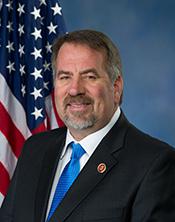
Sponsor
-
TrackCliff Bentz
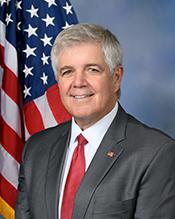
Co-Sponsor
-
TrackKen Calvert
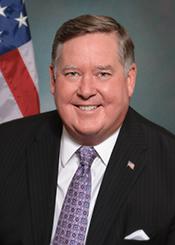
Co-Sponsor
-
TrackJim Costa

Co-Sponsor
-
TrackVince Fong
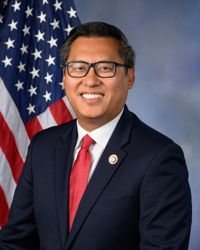
Co-Sponsor
-
TrackAdam Gray
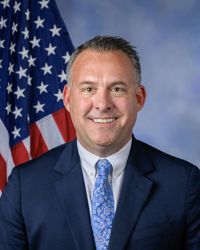
Co-Sponsor
-
TrackJeff Hurd

Co-Sponsor
-
TrackDarrell Issa

Co-Sponsor
-
TrackKevin Kiley
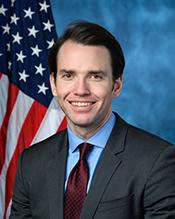
Co-Sponsor
-
TrackYoung Kim

Co-Sponsor
-
TrackTom McClintock

Co-Sponsor
-
TrackJimmy Panetta
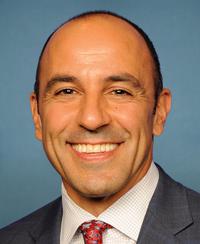
Co-Sponsor
-
TrackDavid G. Valadao
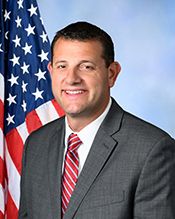
Co-Sponsor
Actions
3 actions
| Date | Action |
|---|---|
| Jun. 13, 2025 | Referred to the Subcommittee on Water Resources and Environment. |
| May. 08, 2025 | Introduced in House |
| May. 08, 2025 | Referred to the House Committee on Transportation and Infrastructure. |
Corporate Lobbying
0 companies lobbying
None found.
* Note that there can be significant delays in lobbying disclosures, and our data may be incomplete.


